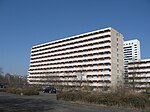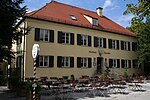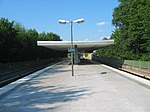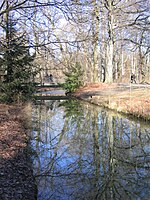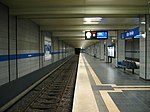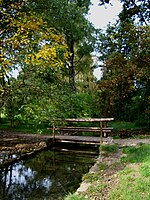Bavarian International Tennis Championships
ATP Tour 250Bavarian International Tennis ChampionshipsClay court tennis tournamentsRecurring sporting events established in 1900Tennis tournaments in Germany
The Bavarian International Tennis Championships (German: Internationale Tennis-Meisterschaften von Bayern, known since 1990 by its sponsored name BMW Open) is a men's tennis tournament held at the MTTC Iphitos in Munich, Germany. Founded in 1899 as a combined men's and women's event. and previously known as the Bavarian Open the tournament is played on outdoor clay courts and is a part of the ATP Tour schedule.
Excerpt from the Wikipedia article Bavarian International Tennis Championships (License: CC BY-SA 3.0, Authors).Bavarian International Tennis Championships
Aumeisterweg, Munich Alte Heide - Hirschau (Schwabing-Freimann)
Geographical coordinates (GPS) Address Phone number Website Nearby Places Show on map
Geographical coordinates (GPS)
| Latitude | Longitude |
|---|---|
| N 48.185 ° | E 11.613888888889 ° |
Address
MTTC Iphitos
Aumeisterweg 10
80805 Munich, Alte Heide - Hirschau (Schwabing-Freimann)
Bavaria, Germany
Open on Google Maps

